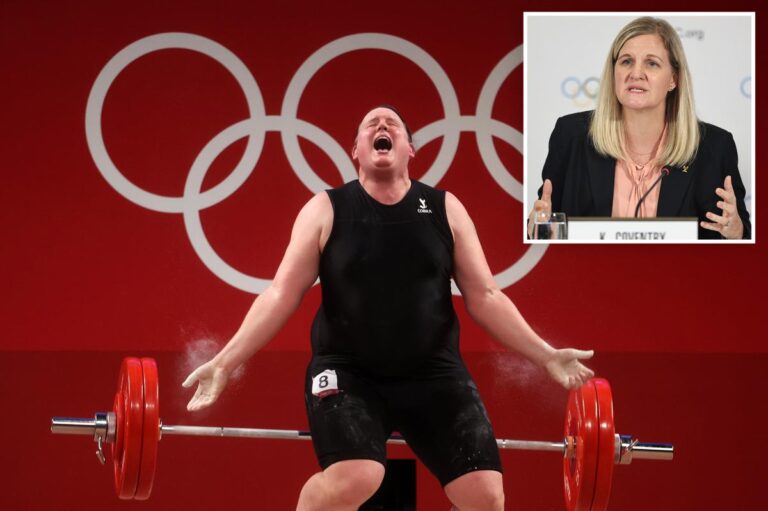IOC to Enact Ban on Transgender Women in Female Categories
The International Olympic Committee (IOC) is reportedly preparing to implement a significant policy change: banning transgender women from competing in all female categories. This decision, anticipated to be officially announced early next year, follows a thorough, science-based review by the IOC, highlighting the inherent physical advantages of biologically-born males.
Key Details of the New Policy
- Decision Timeline: The change is set to be revealed in early 2024.
- Basis: A science-based evaluation regarding the advantages of biological males in sports informed this decision.
- Current Regulations: Under the existing guidelines, transgender women have been allowed to compete in women’s categories provided they maintain reduced testosterone levels. However, these guidelines have varied by sport.
According to sources from The Times, the findings of this review were presented by Dr. Jane Thornton, the IOC’s medical and scientific director, in a confidential meeting last week. One insider remarked, "It was a very scientific, factual and unemotional presentation which quite clearly laid out the evidence."
The Drive for Change
Kirsty Coventry, the new IOC President and a former Olympic swimmer from Zimbabwe, has championed the need for policy reforms to protect female sports categories. In her earlier statements, she emphasized the importance of a scientifically grounded approach, stating:
“We understand there will be differences depending on the sports. We should make the effort to place emphasis on the protection of the female category.”
Coventry also acknowledged the cooperation of international federations in forming a comprehensive policy.
Support for the New Guidelines
The ongoing dialogue within the IOC has reportedly gained unanimous support for revisiting the policy, with a clear consensus that changes must be rooted in medical and scientific research. Coventry stressed that:
“Every sport is different, and it was pretty much unanimously felt that the IOC should take a leading role in bringing everyone together to try and find a broad consensus.”
Future Considerations
While it remains unclear if this new guidance will take effect prior to the 2026 Winter Olympics in Italy, the broader implications for the 2028 Summer Olympics in Los Angeles are significant. The outcome of this policy revision may alter the landscape of competitive sports for women globally.
What This Means for Athletes
- Gender Inclusion: The decision underscores the complexity of gender inclusion in sports and will necessitate discussions among stakeholders.
- Impact on Competitions: Trans athletes competing in women’s categories may need to reconsider their participation or eligibility.
For further details on transgender policies in sports, consider exploring resources like The Guardian or ESPN.
Conclusion
The impending ban by the IOC on transgender women in female sports categories marks a pivotal shift in the intersection of gender and athletics. As these changes unfold, athletes, officials, and fans alike will be closely monitoring how this policy affects the competitive environment and the dialogue around gender equality in sports.
For the latest updates, keep an eye on major sports news outlets and the official IOC announcements.


